
This guide shows the top nine ways to turn your customers into enthusiastic fans and keep your business coming back this year.
The digital age has profoundly changed consumer behavior. Today, they have access to a wealth of brand information, spread across various online platforms. This abundance of information directly influences their buying decisions and their loyalty.
Despite this, brand loyalty remains an important factor in retail. Businesses that succeed in providing an exceptional customer experience and fully satisfying their customers reap the benefits. A study by InMoment reveals that 75% of loyal customers actively recommend their favorite brand to those around them.
However, it would be unwise to take loyalty for granted. The current market offers consumers:
These factors have created a generation of demanding consumers who are ready to explore other options at the slightest misstep by a brand.
Even big companies, despite their substantial advertising budgets, are facing this retention challenge. The situation is all the more complex as unhappy customers quickly share their negative experiences across multiple digital platforms, making it difficult for brands to control their image.
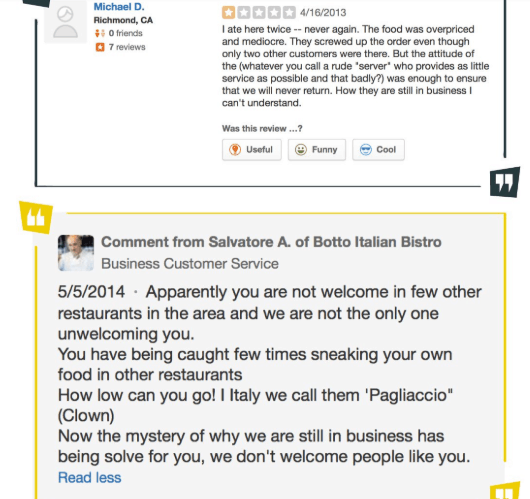
In this context of strong competition, where the acquisition of new customers is expensive, the profitability and relevance of a business largely depend on its loyal customer base.
This reality highlights the critical importance for businesses to constantly develop and improve their loyalty programs. It has become a strategic imperative to remain competitive in their target markets.
While retaining your customers digitally can be difficult, the fact remains that it brings huge business benefits. Here are four major benefits of customer retention for your brand.
Customer loyalty is a powerful driver for financial growth. A study by the Harvard Business School reveals that a 5% increase in retention rate can increase profits by 25% to 95%.
Econsultancy confirms this trend: 82% of businesses recognize that keeping a customer is less expensive than acquiring a new one.
Starbucks, for example, offers personalized offers and rewards in the form of free drinks and meals, strengthening the attachment of its customers.
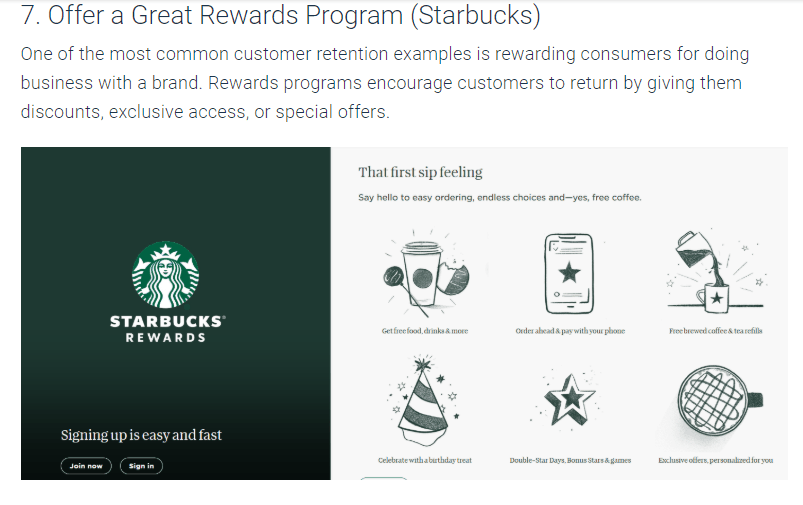
Your current customers are your best business asset. The probability of selling to an existing customer is 60% to 70%, compared to only 5% to 20% for a new lead.
Why such a difference?
This familiarity makes them more receptive to your new offers and recommendations.
Retaining loyalty is less expensive than acquiring. Studies show that it is 5 times more expensive to attract a new customer than to keep an existing one.
While acquisition is still important, your primary strategy should focus on retention. This approach allows you to optimize your budget marketing and to improve your long-term profitability.
Customer feedback Are a powerful marketing tool. Customers who are happy with your product, service, or their interaction with your brand are more likely to:
These reviews authentic ones are valuable for improving your offer and attracting new customers.
Reward loyalty in a tangible way. A well-designed rewards program can significantly increase customer engagement. Consider:
Make sure rewards are easily accessible and truly rewarding for your customers.
An effective loyalty program is more than just a points and rewards system. It creates memorable experiences that encourage customers to spontaneously talk about your brand.
To be successful, your program must meet several essential criteria:
Perceived value is critical. Your customers should feel that they are earning more than they are giving. This positive perception reinforces their attachment to your brand.

Inspiring examples:
These approaches create a strong emotional connection between the customer and the brand, going beyond the simple commercial transaction.
Optimize your mobile application:
Your application is a powerful loyalty tool. To make it effective:
Test and adjust continuously. Gather user feedback and adapt your program accordingly. A loyalty program is never fixed, it evolves with your customers.
By implementing these strategies, you will transform your satisfied customers into true ambassadors, ready to actively promote your brand to those around them.
Sponsorship is different from loyalty by its purpose: it encourages existing customers to attract new customers, creating a snowball effect.
A successful referral program is based on three pillars:
Program design is critical. It should be:
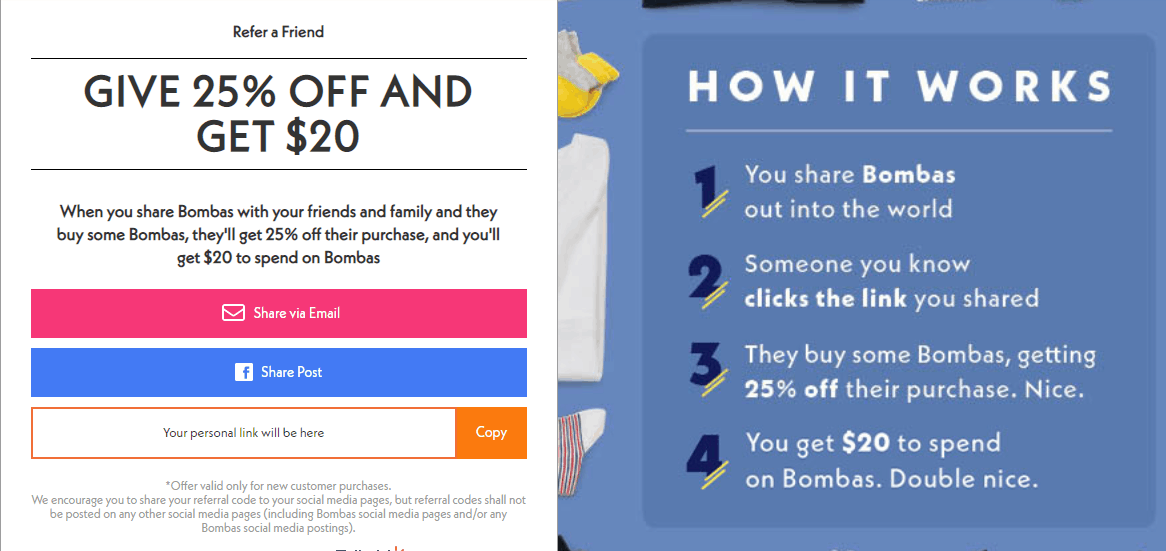
Concrete examples:
Choose the right incentives:
Facilitate the sponsorship process:
Measure and optimize: Track key metrics (conversion rate, acquisition cost, customer lifetime value) and adjust your program accordingly.
A well-designed referral program can become a powerful and economic growth engine for your business.
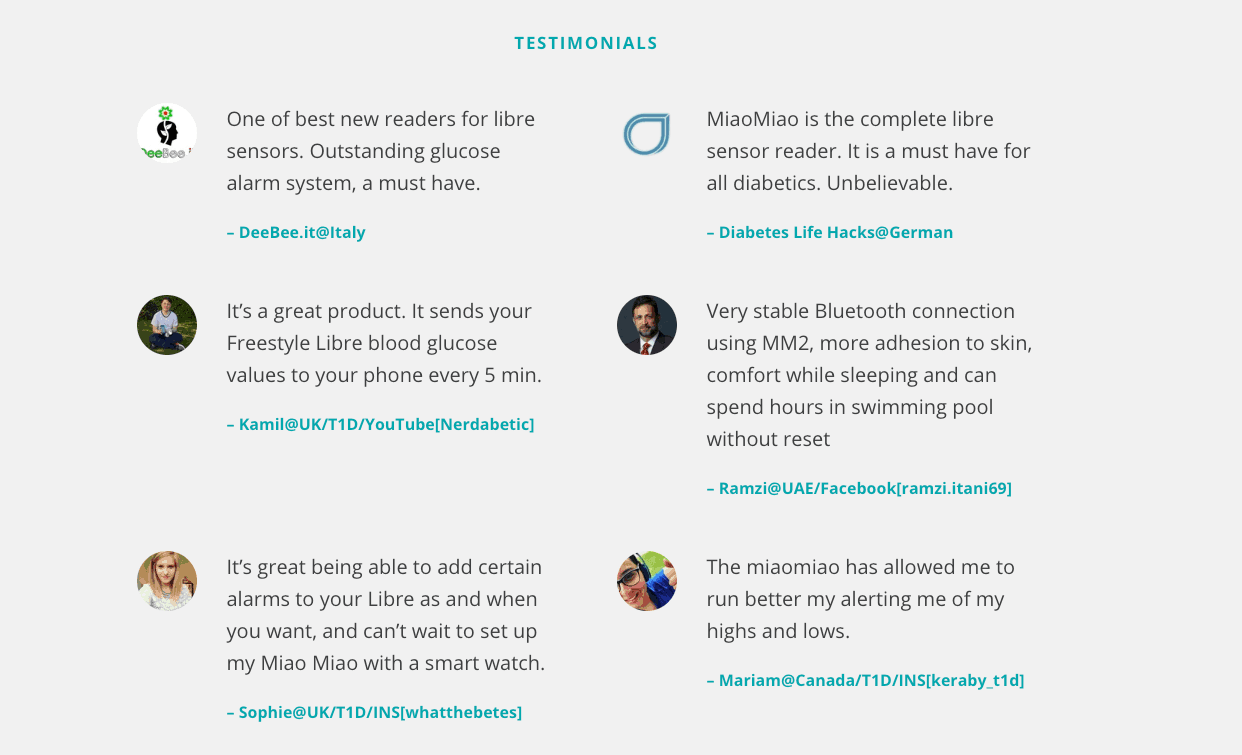
MiaoMiao features customer testimonials on its homepage
Listening actively to your customers has become essential. It not only allows you to improve your products and services, but also to strengthen the relationship with your customers.
Advantages of a strategy based on customer feedback:
Establishment of an effective collection system:
Management of negative reviews:
From collection to action:
Value participation: Thank customers for their feedback and show them the impact of their contribution on the evolution of your offer.
By effectively integrating customer feedback into your strategy, you create a virtuous circle of continuous improvement and loyalty.
Personalized marketing has become essential in an environment where consumers are bombarded with advertising messages. It allows you to create a unique connection with each customer.
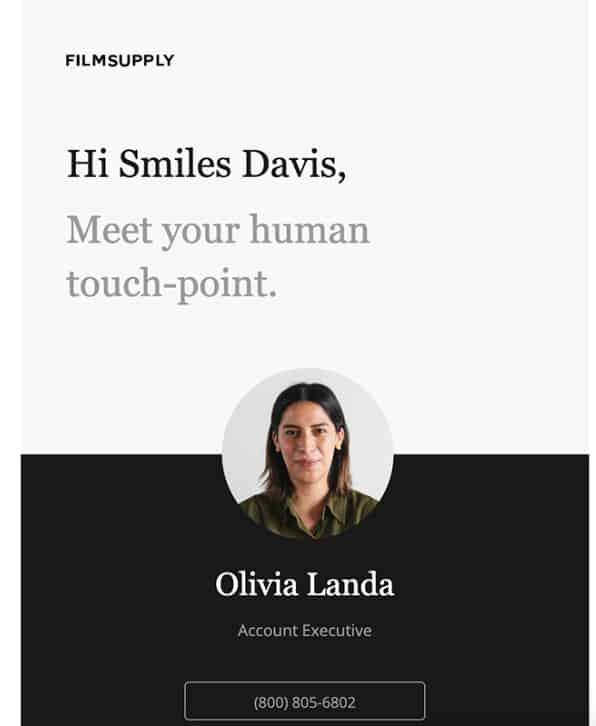
Foundations of an effective personalization strategy:
Successful examples of personalization:
Importance of personalization in email marketing:
Respect for privacy:
Measurement and optimization:
By implementing a thoughtful and scalable personalization strategy, you create a unique customer experience that builds loyalty and drives business growth.
Brands that want to build a loyal customer base need to actively invest their time and effort in strategies that encourage brand loyalty.
Regardless of the size of your business, by implementing customer loyalty measures, you can build a group of loyal customers who will become the best ambassadors for your brand.